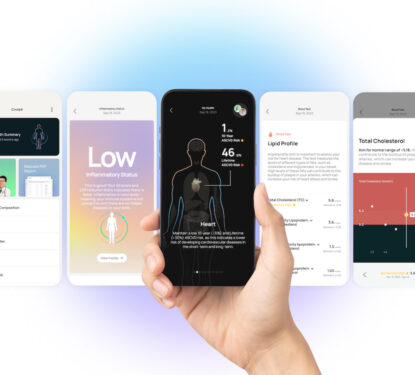
If you’re a parent of daughters, it’s inevitable that one day, your child is going to experience her first period.
The onset of menstruation in teenage girls, typically between the ages of 10 and 14, marks a significant developmental milestone. It can also be a fraught and emotionally charged time for parents and children alike.
Girls need their caregivers to step up and guide them through this often confusing time. Dr. Karen Ho Chung-lam, General Practitioner at Matilda International Hospital, offers essential tips to help parents prepare for their daughter’s first period, so that together, they can navigate this crucial step towards adulthood with understanding and confidence.
Communication is Key

Make sure to create plenty of opportunities for your daughter to bring up any questions or concerns that she may have about menstruation. Talk about puberty and menstruation early on, ideally before she starts experiencing any physical changes, to help normalise the topic and alleviate any anxieties she may have.
Educate Yourself
Read up on menstruation and puberty. Understand the physical and emotional changes your daughter will undergo during this time. Familiarise yourself with menstrual hygiene products such as pads, tampons, and menstrual cups, and be prepared to discuss them with your daughter when the time comes.
Provide Essential Supplies
Stock up on menstrual products well in advance of your daughter’s first period. Show her how to use them properly and encourage her to experiment with different products to find out what works best for her. Prepare some supplies for her school bag or locker so she’s always prepared.
Be Reassuring
Every girl’s first period is different, and there’s a big range of what’s normal. Some may experience heavy bleeding and cramping, while others may have lighter periods with minimal discomfort. Let your daughter know that her experience is not out of the ordinary, and remind her that you’re there to support her through it all.
Foster Self-Care Habits
Teach your daughter the importance of good hygiene, getting enough sleep, staying hydrated, and having a balanced diet. Introduce her to relaxation techniques such as deep breathing and mindfulness to help alleviate any menstrual symptoms she may experience. If required, you can also introduce over-the-counter pain relief and heating pads. For severe cramps that interfere with her daily activities, speak to a healthcare professional.
Prepare for Emotional Changes
Hormonal fluctuations can sometimes lead to mood swings and emotional changes. Let your daughter know that it’s okay to feel a range of emotions during this time, and reassure her that you’re there to support her no matter what. Encourage her to express her feelings openly and provide a safe space for her to do so.
Celebrate This Milestone
Finally, celebrate your daughter’s entry into womanhood with love and positivity. Acknowledge her courage and resilience as she embarks on this new chapter of her life, and remind her that you’re proud of the young woman she’s becoming.
Remind your daughter that periods are natural and normal. Encourage her to embrace her body with confidence, and her develop a healthy body image by promoting self-love and acceptance.
When To Seek Professional Guidance
If you or your daughter have any concerns or questions about menstruation, don’t hesitate to speak to a healthcare professional, such as your GP or gynaecologist, for guidance and support. Your family doctor can provide valuable information and resources to help you confidently navigate this stage of your daughter’s life.
In partnership with Matilda International Hospital







